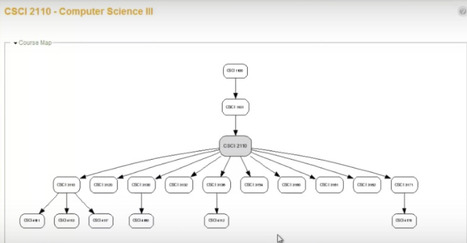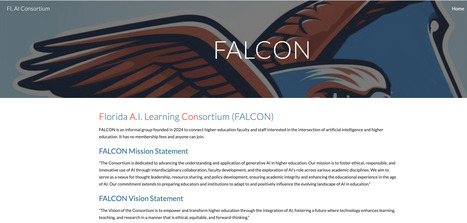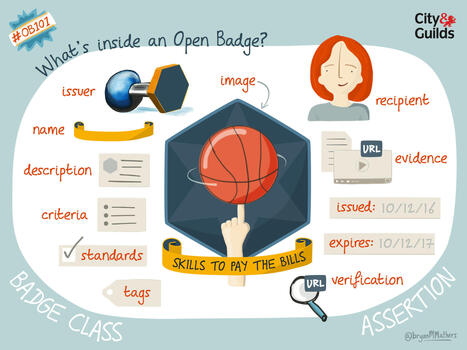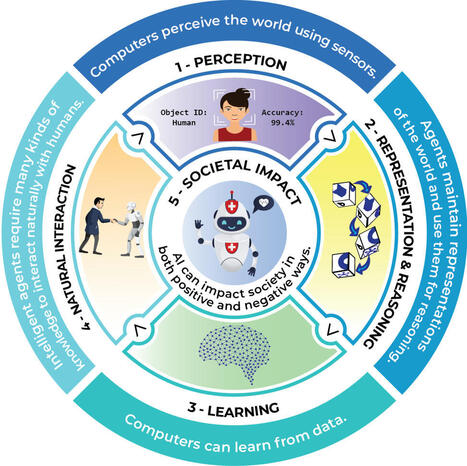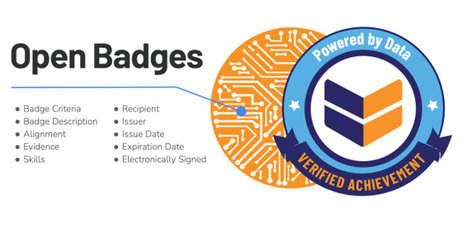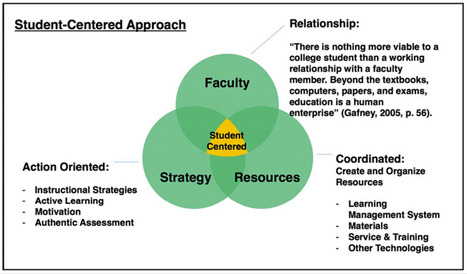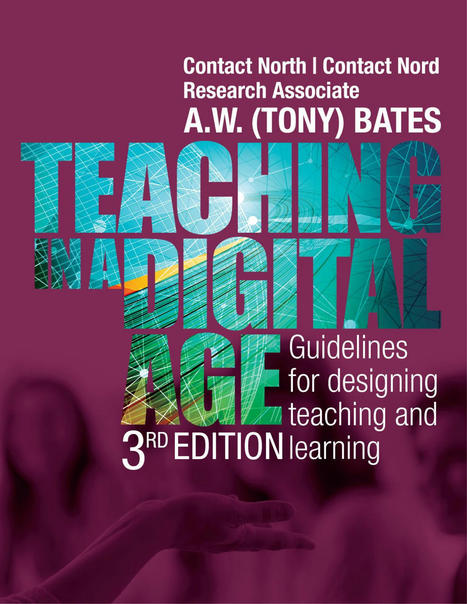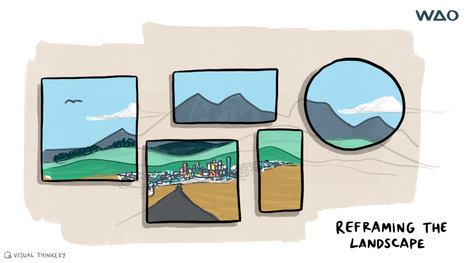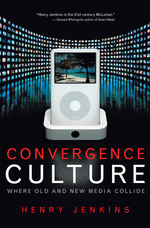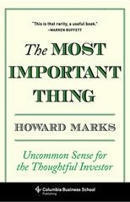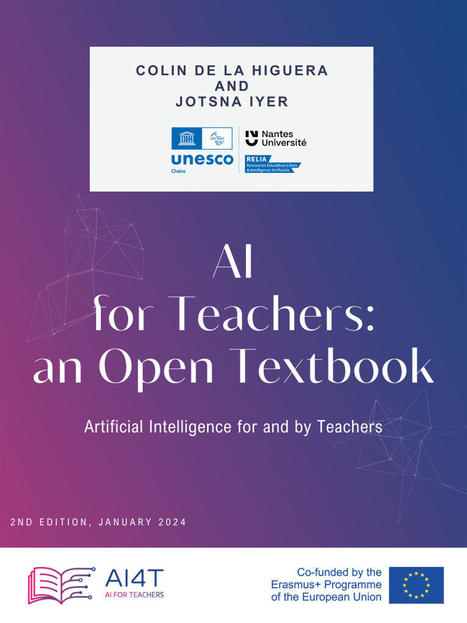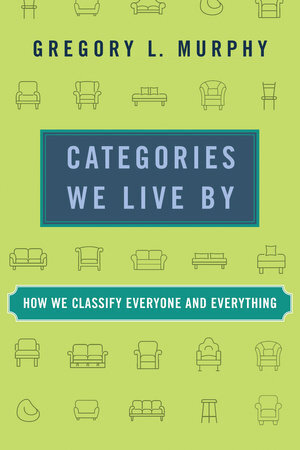 Your new post is loading...
 Your new post is loading...

|
Scooped by
Ana Cristina Pratas
September 3, 2024 7:04 AM
|
Abstract This research synthesis examined the impact of grades, comments, and no performance feedback on academic motivation and achievement in elementary and secondary school. Four meta-analyses were conducted, with two each exploring the impact of (a) grades versus no performance feedback and (b) grades versus comments on academic motivation and achievement, respectively. Overall results indicated that grades positively influenced achievement but negatively influenced motivation compared to no feedback. However, compared to those who received comments, students receiving grades had poorer achievement and less optimal motivation. Moderator analyses generally suggested that overall effects varied as a function of the type of motivation (i.e. the specific construct, internal vs. external motivation), context (e.g. academic subject; comment type), student characteristics (e.g. achievement level), and methodology (i.e. grade anticipation versus receipt), though it was not possible to test these moderators in all analyses. Theoretical and methodological contributions and implications for education practice are discussed.

|
Scooped by
Ana Cristina Pratas
August 29, 2024 7:05 AM
|
Abstract
Unlike routine tasks where consistency is prized, in creativity and innovation the goal is to create a diverse set of ideas. This paper delves into the burgeoning interest in employing Artificial Intelligence (AI) to enhance the productivity and quality of the idea generation process. While previous studies have found that the average quality of AI ideas is quite high, prior research also has pointed to the inability of AI-based brainstorming to create sufficient dispersion of ideas, which limits novelty and the quality of the overall best idea. Our research investigates methods to increase the dispersion in AI-generated ideas. Using GPT-4, we explore the effect of different prompting methods on Cosine Similarity, the number of unique ideas, and the speed with which the idea space gets exhausted. We do this in the domain of developing a new product development for college students, priced under $50. In this context, we find that (1) pools of ideas generated by GPT-4 with various plausible prompts are less diverse than ideas generated by groups of human subjects (2) the diversity of AI generated ideas can be substantially improved using prompt engineering (3) Chain-of-Thought (CoT) prompting leads to the highest diversity of ideas of all prompts we evaluated and was able to come close to what is achieved by groups of human subjects. It also was capable of generating the highest number of unique ideas of any prompt we studied.

|
Scooped by
Ana Cristina Pratas
August 21, 2024 1:28 PM
|
Home Strategies, planning and management accreditation Are our higher education systems about to collapse from within? Strategies, planning and managementaccreditationTechnologyartificial intelligence (AI)Teaching and learningassessmentBibliographyBlogsnational, regional and international...

|
Scooped by
Ana Cristina Pratas
August 20, 2024 12:33 PM
|
Florida A.I. Learning Consortium (FALCON)
FALCON is an informal group founded in 2024 to connect higher-education faculty and staff interested in the intersection of artificial intelligence and higher education. It has no membership fees and anyone can join.
FALCON Mission Statement
"The Consortium

|
Scooped by
Ana Cristina Pratas
August 13, 2024 7:44 AM
|
It’s easy to talk about open badges without really understanding what’s inside (it’s just a digital badge, right?) There’s actually a whole bunch of stuff inside. The badge class is like the template. All badges issued from a certain badge class will inherit those properties. The assertion relates to the recipient of the badge and […]

|
Scooped by
Ana Cristina Pratas
August 10, 2024 9:05 AM
|
Videos can be an effective method of fostering learning in the online classroom. But are you applying best practices to get the most out of your educational videos? Applying neurology to learning has led to the advent of the micro-lecture, which is a brief, focused method of delivering content in an engaging manner.

|
Scooped by
Ana Cristina Pratas
August 6, 2024 7:56 AM
|
Are you a Pangloss, Martin, or Candide?

|
Scooped by
Ana Cristina Pratas
August 3, 2024 12:48 PM
|
"What is Artificial Intelligence (AI) Literacy? It is comprised of five major components that require us to teach students a wide variety of skills that are integrated with the very technology that has AI embedded in it. AI literacy and its themes encompass perception, representation and reason, learning, natural interaction, and societal impact. All of these factors relate to how computers collect data, interact with that data, and how we as humans can interact with it. These components of AI Literacy are described below as we discuss how AI is impacting our work as educators. From understanding what AI entails to how it impacts our workflow and our practice as educators, it is and will change how we operate."

|
Scooped by
Ana Cristina Pratas
August 1, 2024 11:43 AM
|
Elevate your learning with Open Badges Share your verifiable skills and achievements as you earn them. Identify and celebrate talent and growth. Build and certify interoperable tools. Frequently Asked Questions What are OPEN BADGES?

|
Scooped by
Ana Cristina Pratas
July 30, 2024 10:29 AM
|
Academic work is hard. But sometimes we make it harder by entering into it without a clear plan for engagement and productivity. This was the case for me, for a very long time. I had an overflowing email inbox, a confused calendar (or no calendar at all), and was constantly at the mercy of the most urgent things to do rather than focused on the most

|
Scooped by
Ana Cristina Pratas
July 28, 2024 4:19 PM
|
Trebian’s model for student-centered approach (2019) was used as a framework to develop a technology-based solution to costly textbooks while advancing learning in the online environment. This model represents a three-pronged approach to learning in the new information age, engaging Faculty, Strategy, and Resources.

|
Scooped by
Ana Cristina Pratas
July 23, 2024 8:06 PM
|
Oral assessments can unlock student authenticity--and represent a greater opportunity to remake the online college classroom as we know it. Key points: Faculty have a chance to ride the AI wave and leverage AI as a valuable tool
See article: AI education isn’t just for those who want a career in tech
See article: Generative AI can enhance equity of access and attainment"

|
Scooped by
Ana Cristina Pratas
July 21, 2024 9:30 AM
|
Book Title: Teaching in a Digital Age: Third Edition – General Subtitle: Guidelines for designing teaching and learning Author: A.W. (Tony) Bates Download this book EPUB Digital PDF Print PDF XHTML Pressbooks XML Common Cartridge (Web Links) Book Description: The book examines the underlying...
|

|
Scooped by
Ana Cristina Pratas
September 1, 2024 5:22 AM
|
Open Recognition is for Everybody! A place for people interested in Open Badges and Verifiable Credentials to come together in a Community of Practice.

|
Scooped by
Ana Cristina Pratas
August 27, 2024 7:09 AM
|
Classroom discussions help engagement and learning so find out how instructors can get started in facilitating respectful debate among students using a simple framework

|
Scooped by
Ana Cristina Pratas
August 21, 2024 1:27 PM
|
“It’s very clear to us the people love voice as a way to interact with this. I feel confident that voice is going to be a big part of how people use AI” — Sam Altman, CEO, OpenAI Artificial Intelligence (AI) is rapidly transforming the digital landscape, heralding a future in which traditional websites may become obsolete. This shift is driven by the evolution of

|
Scooped by
Ana Cristina Pratas
August 19, 2024 3:32 PM
|
I don't think that AI models (by which I mean: large language models) are over-hyped. In this post I will list 50 ways I've used them.

|
Scooped by
Ana Cristina Pratas
August 11, 2024 6:15 AM
|

|
Scooped by
Ana Cristina Pratas
August 10, 2024 9:04 AM
|
This page provides checklist and rubric resources for evaluating online programs and course quality. These artifacts may be used in a variety of contexts such as self-assessment, instructional designer review, peer review, institutional online program effectiveness, and accreditation standards.

|
Scooped by
Ana Cristina Pratas
August 6, 2024 7:50 AM
|
How to start the semester in ways that will pay off for the rest of the course.

|
Scooped by
Ana Cristina Pratas
August 1, 2024 4:18 PM
|
This chapter describes an important requirement for successful investing: second-level thinking. Would-be investors can take courses in finance and accounting, read widely and, if they are fortunate, receive mentoring from someone with a deep understanding of the investment process.

|
Scooped by
Ana Cristina Pratas
July 30, 2024 10:31 AM
|
Part 1: The heart of the matter

|
Scooped by
Ana Cristina Pratas
July 30, 2024 10:17 AM
|
"The emergence of generative artificial intelligence (AI), while creating new possibilities for learning and teaching, has exacerbated existing assessment challenges within higher education. However, there is considerable expertise, based on evidence, theory and practice, about how to design assessment for a digital world, which includes artificial intelligence. AI is not new, after all, even if the current iterations of generative AI are. This document, constructed through expert collaboration, draws on this body of knowledge and outlines directions for the future of assessment. It seeks to provide guidance for the sector on ways assessment practices can take advantage of the opportunities, and manage the risks, of AI, specifically generative AI."

|
Scooped by
Ana Cristina Pratas
July 26, 2024 8:28 AM
|
Book Title: AI for Teachers: an Open Textbook Authors: Colin de la Higuera and Jotsna Iyer Download this book EPUB Digital PDF Print PDF Pressbooks XML WordPress XML Common Cartridge (Web Links) Licence: Creative Commons Attribution Read Book Share on Twitter Contents Hide All Contents Book...

|
Scooped by
Ana Cristina Pratas
July 23, 2024 8:42 AM
|
"An in-depth analysis of how humanity's compulsion to categorize affects every aspect of our lived experience. The minute we are born—sometimes even before—we are categorized. From there, classifications dog our every step: to school, work, the doctor's office, and even the grave. Despite the vast diversity and individuality in every life, we seek patterns, organization, and control. In Categories We Live By, Gregory L. Murphy considers the categories we create to manage life's sprawling diversity. Analyzing everything from bureaucracy's innumerable categorizations to the minutiae of language, this book reveals how these categories are imposed on us and how that imposition affects our everyday lives. Categories We Live By explores categorization in two parts. In part one, Murphy introduces the groundwork of categories—how they are created by experts, imperfectly captured by language, and employed by rules. Part two provides a number of case studies. Ranging from trivial categories such as parking regulations and peanut butter to critical issues such as race and mortality, Murphy demonstrates how this need to classify pervades everything. Finally, this comprehensive analysis demonstrates ways that we can cope with categorical disagreements and make categories more useful to our society."
|



 Your new post is loading...
Your new post is loading...



